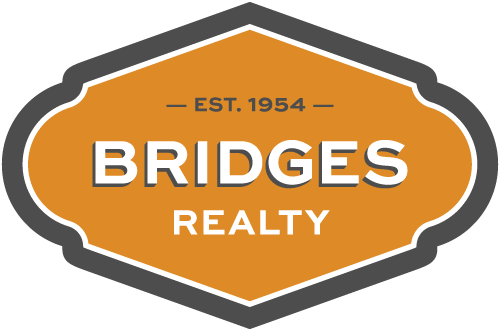Taking cash out of the equity of your home could be a legitimate way to fund a temporary cash crisis now or to have it on-hand if the need arises. Most homeowners can pull out the difference in 80% of the fair market value of their homes and what they currently owe. The most frequently cited reasons for refinancing are to lower the payment, eliminate the private mortgage insurance, combine mortgages, consolidate debt, convert an ARM to a fixed-rate mortgage, remove a person from the loan or to take cash out for another reason.
Using your equity to deal with unexpected living expenses or potentially lost wages in the future could be a good reason for a cash-out refinance. But, it's important to consider that it may increase your monthly payment instead of lowering it, which would result in higher expenses during uncertain economic times.
Some lenders have recently raised the minimum credit score requirement, but borrowers with good credit and the ability to repay should be able to refinance. Lenders are reporting that during the Covid-19 crisis, their processing time longer, but they have implemented procedures to facilitate the application as well as the appraisals safely.
Homeowners with a FHA loan can streamline the process since FHA is already insuring the mortgage to be refinanced. That cash-out is limited to $500. Even though the owner may not be able to pull funds out of their FHA equity, refinancing may lower their payment and, therefore, reduce their expenses.
Unlike conventional loans that require income through a job or other sources, refinancing an existing FHA loan does not require income verification or an appraisal. It's worth noting that the borrower cannot be delinquent on their current FHA loan, and it must be at least six months old. The refinance must reduce the current interest rate, term, or both.
Another alternative for homeowners is a HELOC (home equity line of credit), where you do not incur interest expense unless you draw on the line of credit. It will be a variable rate home equity loan similar to a credit card, letting you borrow up to a specific limit when you want and repay it slowly over time.
Refinancing a home incurs closing costs, which can be paid in cash or added to the financed amount. The breakeven point to recapture the cost of refinancing is determined by dividing the monthly savings into the cost of refinancing. If you stay in the home less than that time, refinancing could be an unnecessary expense.

